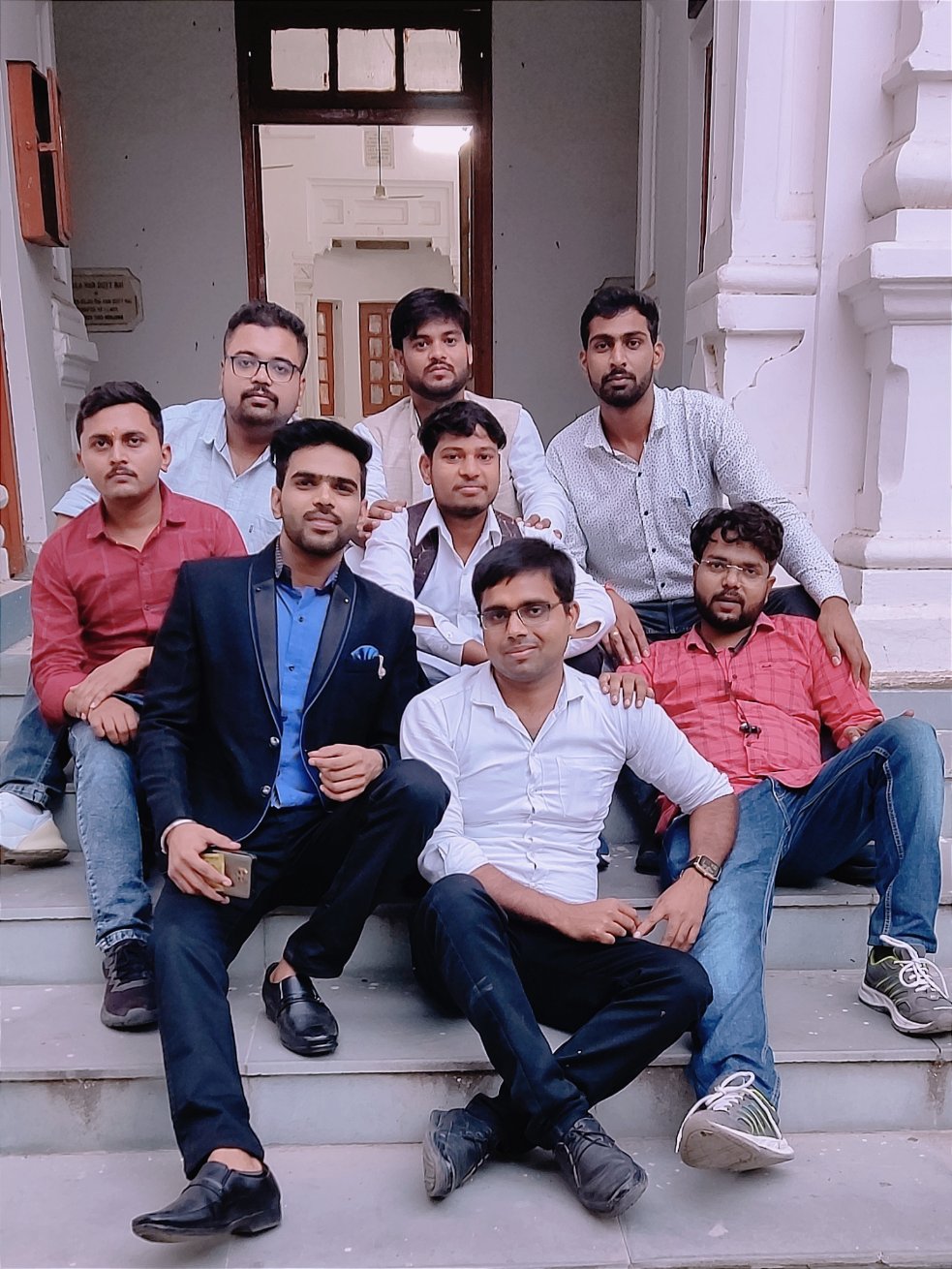One Nation One Election in India: One Nation One Election Benefits and Challenges
Important Notes of Constitution and topic ‘One Nation One Election in India’ for Law and other Exams
भारत में एक राष्ट्र, एक चुनाव: भारतीय राजनीति में एक आदर्श बदलाव
In recent years, the idea of "One Nation One Election" has received vast attention and sparked excessive debates in India's political landscape.
This proposed reform seeks to synchronize the schedules of the Lok Sabha (Parliamentary) elections and State Legislative Assembly elections to be held simultaneously, as soon as each five years. While this idea presents several ability blessings, it additionally raises a mess of questions and demanding situations.
एक राष्ट्र एक चुनाव के फायदे (The Pros of One Nation One Election)
मतदान प्रतिशत में वृद्धि (Increased Voter Turnout)
Voters might be extra inspired to participate in a single, grand electoral occasion. This may want to doubtlessly bring about better voter turnout and a more engaged citizenry.
सुव्यवस्थित रसद (Streamlined Logistics)
Conducting simultaneous elections could simplify the logistical demanding situations associated with protecting elections, which includes the deployment of security forces and the management of digital voting machines.
चुनाव खर्च में कमी (Reduced Election Expenditure)
Conducting elections often can be financially burdensome. One Nation One Election might considerably reduce the overall fee of elections, freeing up sources for different important sectors.
स्थिर शासन (Stable Governance)
With synchronized elections, governments at each the nation and significant tiers can recognition on governance in preference to constantly making ready for elections. This stability can cause better coverage implementation.
नुकसान और चुनौतियाँ (The Cons and Challenges)
तार्किक जटिलताएँ (Logistical Complexities)
Coordinating the schedules of severa states and union territories is no easy venture. It would require cautious planning and synchronization.
छोटे दलों की चिंताएँ (Minor Parties' Concerns)
Smaller regional events may also struggle to compete in a nationalized electoral environment, leading to a ability loss of political range.
संवैधानिक और कानूनी बाधाएँ (Constitutional and Legal Hurdles)
Implementing One Nation One Election calls for constitutional amendments and prison modifications. Ensuring the cooperation of all states and political events in this technique is a formidable challenge.
राज्य-विशिष्ट फोकस का नुकसान (Loss of State-Specific Focus)
Critics argue that combining state and national elections may want to dilute the focal point on nearby problems in the course of the marketing campaign, as countrywide issues might dominate the discourse.
राजनीतिक वास्तविकताएँ (Political Realities)
Opposition events regularly fear that synchronized elections may advantage the ruling celebration, giving it an unfair advantage in both country and country wide polls.
निष्कर्ष (Final Words)
The idea of One Nation One Election has the potential to convert India's political panorama with the aid of saving assets, enhancing governance stability, and probably growing voter participation.
However, its implementation isn't with out challenges, such as prison hurdles and worries approximately retaining a focal point on state-precise problems.
Any pass toward synchronized elections must be preceded by using cautious consideration, constitutional amendments, and broad consensus amongst all stakeholders in India's various political landscape.
%20(1).png)






.jpg)
0 Comments
Thanks For Comment!